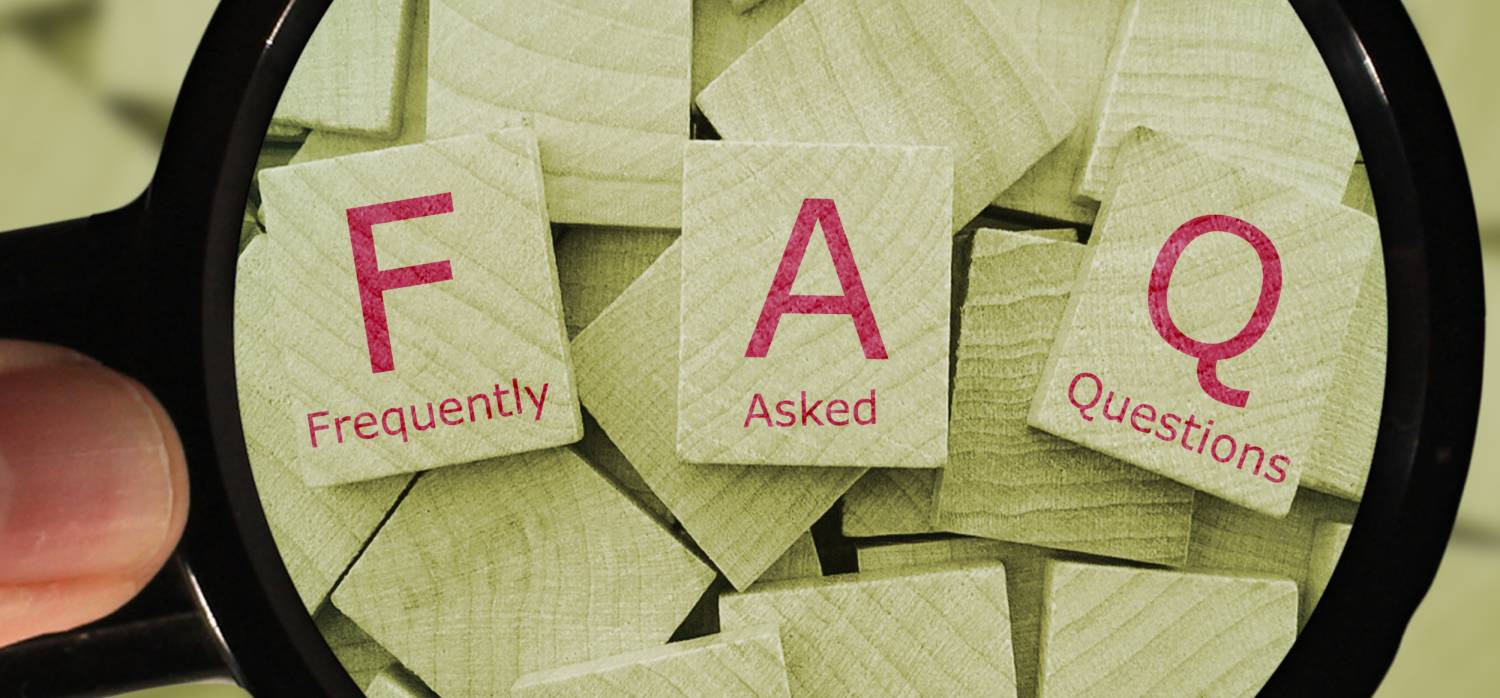
-
1
What are video depositions?
Answer -
2
How impactful is video testimony?
Answer -
3
What type of law firms recommend video depositions?
Answer -
4
Why do experienced law firms use video in the courtroom?
Answer -
5
Where would be a suitable location for filming video testimony?
Answer -
6
What credentials do you need to become a certified legal videographer?
Answer -
7
Can you set up virtual depositions in any requested location?
Answer -
8
What corporate video services do you provide?
Answer -
9
Why is video testimony so powerful?
Answer -
10
How should an attorney prepare their witness for a video deposition?
Answer -
11
Can a witness refuse to have their testimony videoed during a deposition?
Answer -
12
Does a videographer replace a court reporter at a deposition?
Answer -
13
Can video testimony replace live testimony in court?
Answer -
14
Are deposition videos allowed to be edited?
Answer -
15
What is synchronizing and how is it used in the courtroom?
Answer -
16
Can documents be shared and viewed in the video?
Answer -
17
How do you deliver the videos?
Answer -
18
How can we show video at trial?
Answer
Do’s and Don’ts of Video Depositions
- Do carefully select your location. Choose a room large enough to house the videographer’s equipment and with the right amount of lighting that won’t create shadows or a glare while recording.
- Do have your witness look neat, well-groomed, and dressed in clothing that looks put-together.
- Do instruct your witness to make eye contact with the person questioning them, not with the camera.
- Do practice with your witness on camera before the deposition begins.
- Don’t record in front of reflective backgrounds like windows or mirrors.
- Don’t have your witness dress in black or white, as those colors disrupt camera exposure, or in busy-looking clothing and flashy jewelry.
- Don’t interrupt your witness or the opposing counsel.
- Don’t keep your microphone on when conferring with your witness off the record.